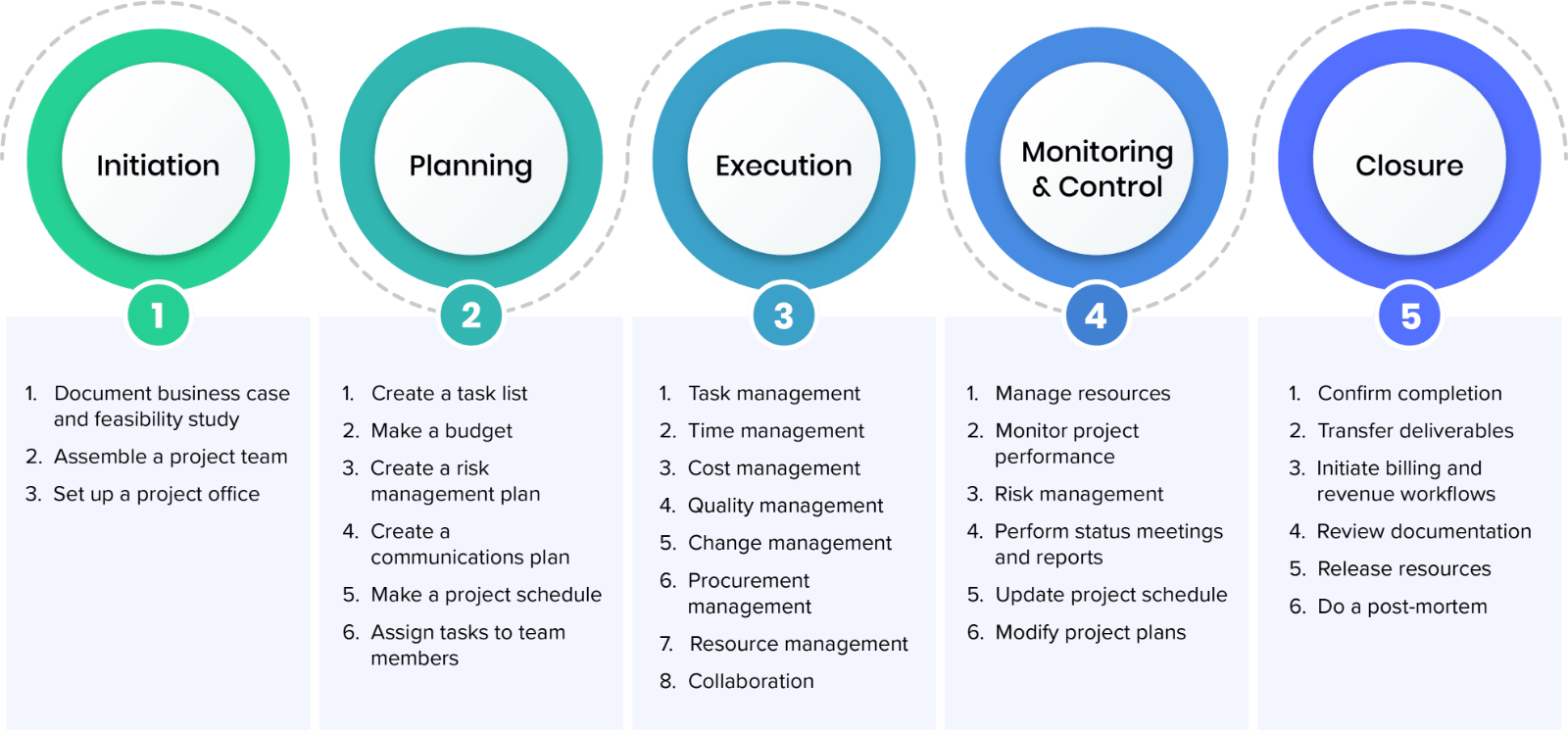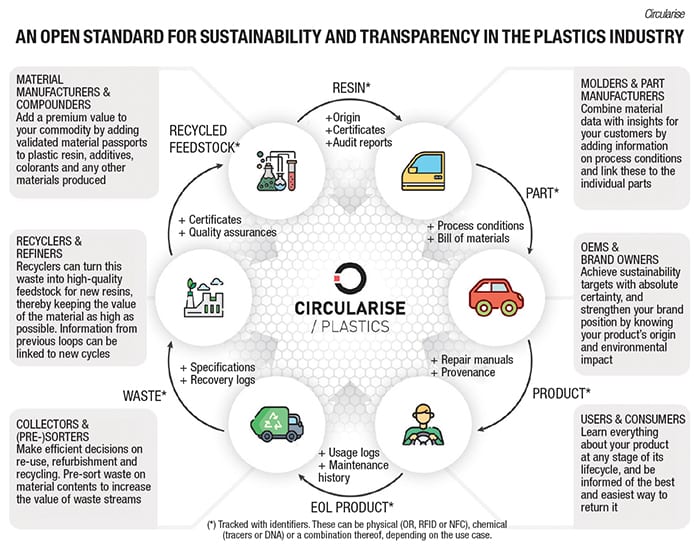
While employers are looking for hard data and quantitative skills, soft skills are just as important. These include interpersonal and critical thinking skills, problem-solving abilities, and personality traits. These skills can help you land the best job. This article will help you understand soft skills and explain why they are important. You can also show your soft skills on your resume to increase your employmentability. It will be much easier for employers to find you after reading this article.
Critical-thinking and interpersonal skills
For a career to be successful in today's job marketplace, interpersonal and critical-thinking skills are essential. You're less likely than others to be successful and you will struggle to succeed without these skills. Here are some suggestions to help you develop these skills. These skills can be learned through volunteer work, internships or classroom activities. Harris recommends working with challenging organizations and taking on new projects.
Employers want people who can work well in teams and can communicate effectively with others. You need to be able to problem-solve and think critically. These skills are valued by many companies because they help employees be more productive and happier. Soft skills can be beneficial to a company since they enable managers and employees understand each other's work style. Employers can also use soft skills to better understand the work style of applicants. These skills can help employees do their jobs better so it is important to highlight them in your resume.

Personality traits
Employers are often impressed with the behavior of a person, which can impact whether they land a job. Although it is harder to demonstrate these traits than professional experience, they are important for landing a job. Employers value personal traits like adaptability, flexibility, communication skills, and being a good communicator. In job interviews, personality tests are a common part. Personality tests are used to determine if you have the right work style. They also assess your ability to perform under pressure and in groups.
Some soft skill are pre-existing talents, while others are acquired through experience. Some soft skills, such as conscientiousness, are derived from a combination of dimensions, such as extraversion, conscientiousness, and emotional stability. The relationship between personality traits and soft skills is illustrated in the graph below. This graph shows how both knowledge and soft skills can make a person a successful professional. It shows that the personality of a person is directly related to their ability and willingness to work hard for and delay gratification.
Communication skills
You can improve your communication skills to be a success in the corporate world. Communication skills are essential for any job, particularly those that involve interaction with others. These skills are learned early in life, and refined with practice. Many companies offer training to enhance employees' communication skills. Use the correct language to build relationships and communicate your message clearly. Learn the correct verbiage for every situation and practice it regularly.
Speaking in public is a great way to express your ideas and feelings. Addressing a group of people regularly allows us to recognize our strengths and weaknesses. It also helps us improve our communication skills. It is also important to remember that feedback is vital for our development. To improve your communication skills, ask for honest feedback. You can also improve your communication skills by asking for feedback from others in a professional setting. It is crucial to communicate in order to achieve goals in a globalized environment. It is vital for teams to work with people from different backgrounds.

Problem solving skills
Employers are looking for these skills. It is a well-known fact that solving problems is one of the most important soft skills. It's important to be aware and able to identify the problem so that you can find solutions. These are some of the ways you can improve your problem-solving skills. Below are some examples of how you can apply these skills in your career. Let's get started.
Start by defining what your problem is. This will help you come up with solutions. After identifying a problem, it is important to consider all possible outcomes before you move forward. It is possible to go deeper into the problem and identify any unintended consequences. Sometimes, it's easier to believe in the first solution. If not, examine your emotional stance. This will help to determine the best solution.
FAQ
Six Sigma is so beloved.
Six Sigma is simple to implement and can yield significant results. Six Sigma also gives companies a framework for measuring improvement and helps them focus on what is most important.
What is Kaizen, exactly?
Kaizen refers to a Japanese term that stands for "continuous improvements." It is a philosophy which encourages employees in continuously improving their work environment.
Kaizen is based on the belief that every person should be able to do his or her job well.
What is Six Sigma?
It's a method for quality improvement that focuses on customer service as well as continuous learning. The objective is to eliminate all defects through statistical methods.
Motorola's 1986 efforts to improve manufacturing process efficiency led to the creation of Six Sigma.
This idea quickly spread throughout the industry. Today, many organizations use six sigma methods for product design, production and delivery.
Statistics
- 100% of the courses are offered online, and no campus visits are required — a big time-saver for you. (online.uc.edu)
- UpCounsel accepts only the top 5 percent of lawyers on its site. (upcounsel.com)
- The BLS says that financial services jobs like banking are expected to grow 4% by 2030, about as fast as the national average. (wgu.edu)
- This field is expected to grow about 7% by 2028, a bit faster than the national average for job growth. (wgu.edu)
- Your choice in Step 5 may very likely be the same or similar to the alternative you placed at the top of your list at the end of Step 4. (umassd.edu)
External Links
How To
How can you create a Quality Management Plan, (QMP)?
QMP (Quality Management Plan) is a system to improve products and services by implementing continuous improvement. It is about how to continually measure, analyze, control, improve, and maintain customer satisfaction.
QMP stands for Quality Management Process. It is used to guarantee good business performance. QMP helps improve production, service delivery and customer relationships. QMPs should encompass all three components - Products and Services, as well as Processes. If the QMP focuses on one aspect, it is called "Process." QMP. The QMP that focuses on a Product/Service is called a "Product." QMP. If the QMP focuses on Customer Relationships, it's called a "Product" QMP.
There are two key elements to implementing a QMP: Strategy and Scope. These elements are as follows:
Scope is what the QMP covers and how long it will last. If your organization wishes to implement a QMP lasting six months, the scope will determine the activities during the first six month.
Strategy: This describes the steps taken to achieve the goals set out in the scope.
A typical QMP consists of 5 phases: Planning, Design, Development, Implementation, and Maintenance. Here are the details for each phase.
Planning: In this stage, the objectives of the QMP are identified and prioritized. Every stakeholder involved in the project is consulted to determine their expectations and needs. The next step is to create the strategy for achieving those objectives.
Design: This stage is where the design team creates the vision, mission and strategies necessary for successful implementation of QMP. These strategies can be implemented through the creation of detailed plans.
Development: Here the development team works toward building the necessary resources and capabilities to support the successful implementation.
Implementation involves the actual implementation using the planned strategies.
Maintenance: This is an ongoing procedure to keep the QMP in good condition over time.
Additional items must be included in QMP.
Stakeholder Engagement: It is crucial for the QMP to be a success. They must be involved in all phases of the QMP's development, planning, execution, maintenance, and design.
Project Initiation: The initiation of any project requires a clear understanding of the problem statement and the solution. In other words, they must understand the motivation for initiating the project and the expectations of the outcome.
Time Frame: This is a critical aspect of the QMP. If you plan to implement the QMP for a short period, you can start with a simple version. If you're looking to implement the QMP over a longer period of time, you may need more detailed versions.
Cost Estimation: Another important component of the QMP is cost estimation. You cannot plan without knowing how much money you will spend. Therefore, cost estimation is essential before starting the QMP.
QMPs are more than just documents. They can also be updated as needed. It is constantly changing as the company changes. It should therefore be reviewed frequently to ensure that the organization's needs are met.